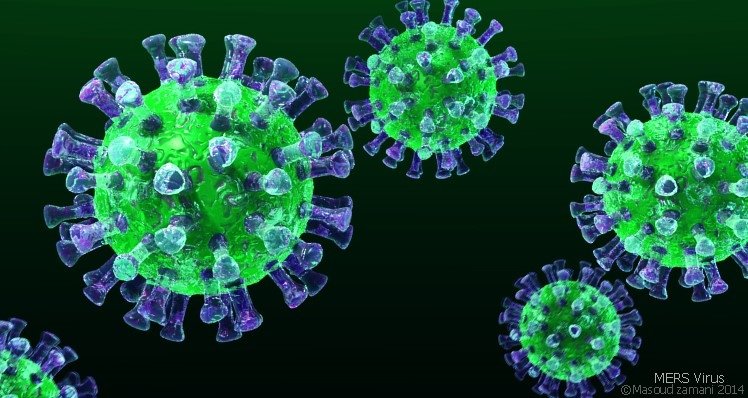Zoonotic Diseases Account for 80% of Global Outbreaks

To mark this year’s Zoonotic Day on Monday, July 6, the Directorate of Health, Security and Emergency is calling on government and partners to give more attention to zoonotic diseases as they account for 80 per cent of outbreaks globally.
The Director of Health, Security and Emergency in Sierra Leone, Dr Mohamed Vandy, in an interview explained that there were eight major zoonotic diseases the World Health Organization (WHO) was dealing with across the world, including the coronavirus pandemic.
He noted that animals provide many benefits for man and many people interact with them in their daily lives but some carry harmful germs that can spread to people and cause illnesses which “are known as zoonotic diseases or zoonosis.
Zoonotic diseases are caused by harmful germs like viruses, bacteria, parasites, and fungi, and according to scientific research these germs can cause many different types of illnesses in people and animals, ranging from mild to serious illness, including death.
Scientists estimate that more than six out of every 10 known infectious diseases in people can be spread from animals, even if they appear healthy, and every three out of four new emerging infectious diseases in people come from animals.
In Sierra Leone, there are two zoonotic units with over 50 trained personnel from the agriculture and health sectors to capture scientific samples, collection, packaging and transportation of samples to various laboratories for technicians to analyse.
Vandy said that, “In our preparedness for public health security and emergencies in order to be able to detect, prevent and adequately respond, zoonosis should be at the cornerstone with support from government and partners.”
He commended the proactive steps taken by the United States Aid for International Development to support a project, PREDICT, that discovered the existence of the Bombali Ebola virus and Marburg in all regions of Sierra Leone.
“Those discoveries are very pertinent to Sierra Leone and the world at large, as zoonosis are becoming very important because of the frequency and prevalence of disease pathogenes due to climate change and global warming as a result of human activities in pursuit of resources.”
Germs from zoonotic diseases can spread direct or indirect contact as well as vector, food and waterborne, and anyone is at higher risk of serious illness through such contacts, including healthy people, he said.
However, Vandy said that some people were at greater risk than others as in the case of COVID-19 which experts said children under five years, people with weak immune systems, and those over 65 were at greater risk of contacting and more likely not to survive.
He said all ministerial departments and agencies should plan from the One Health platform perspective for human and animal activities to have a synergy and multi-sectoral approach for a comprehensive preparedness plan to tackle the emergence of zoonosis.
He said there were many ways individuals and families could protect themselves from contacting zoonotic diseases, such as regular hand washing and using alcohol- based hand sanitisers.
“Be aware of zoonotic diseases both at home, away from home,” the Health, Security and Emergency director advised and called for improved public education with communities on peaceful coexistence with the wild.
Vady said people should not interfere with the wild such as hunting for cultural delicacies and deforestation, contamination of rivers for fishing and unnecessary bush burning in order to keep the environment safe and allow animals to exist in their natural environment and be far off from mankind.
Support Our Journalism
There are millions of ordinary people affected by conflict in Africa whose stories are missing in the mainstream media. HumAngle is determined to tell those challenging and under-reported stories, hoping that the people impacted by these conflicts will find the safety and security they deserve.
To ensure that we continue to provide public service coverage, we have a small favour to ask you. We want you to be part of our journalistic endeavour by contributing a token to us.
Your donation will further promote a robust, free, and independent media.
Donate HereStay Closer To The Stories That Matter




